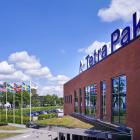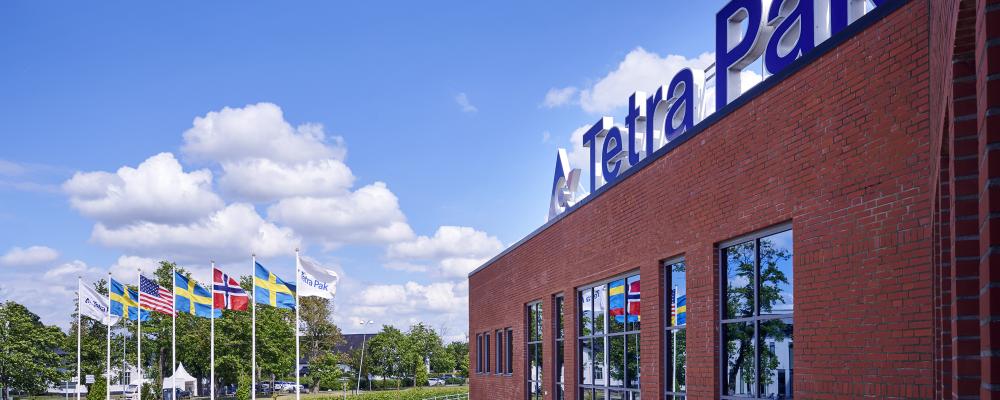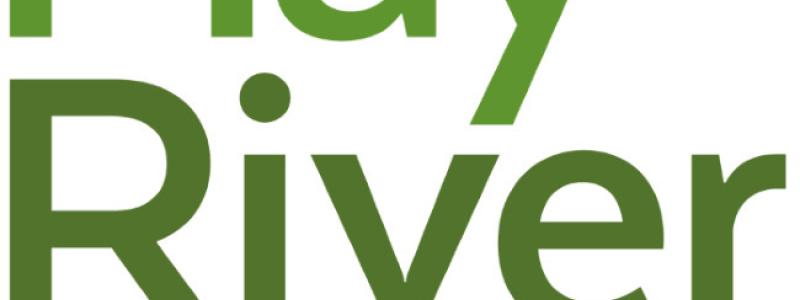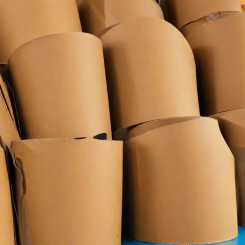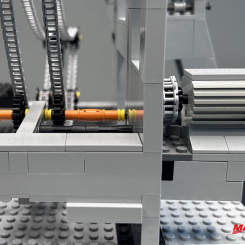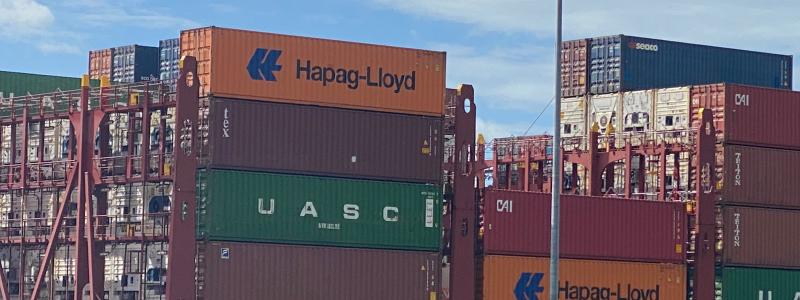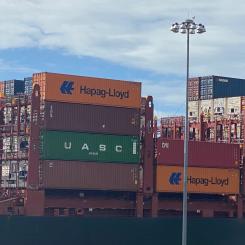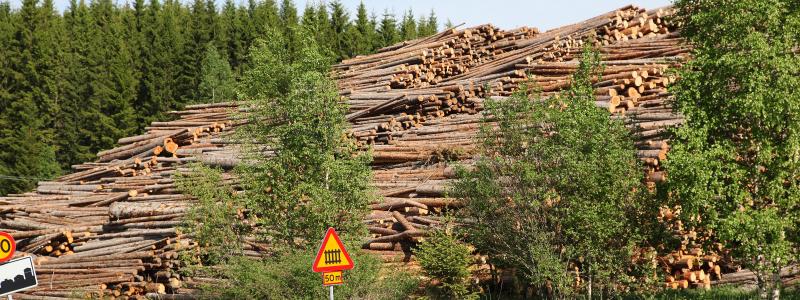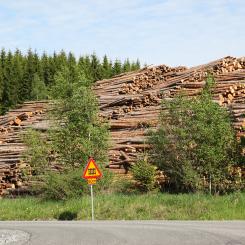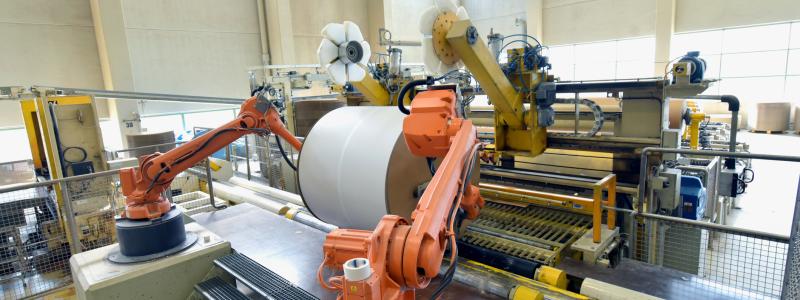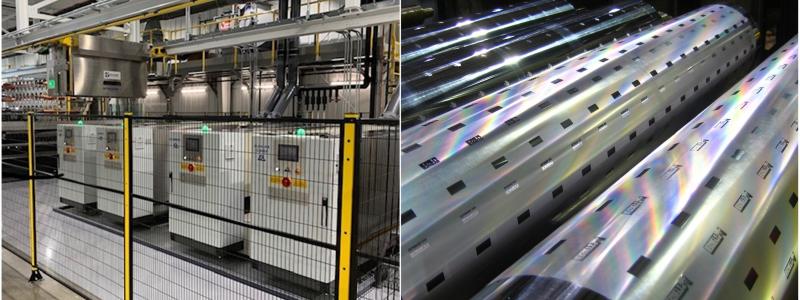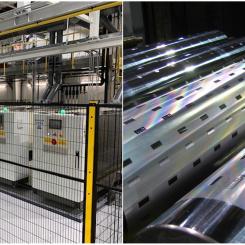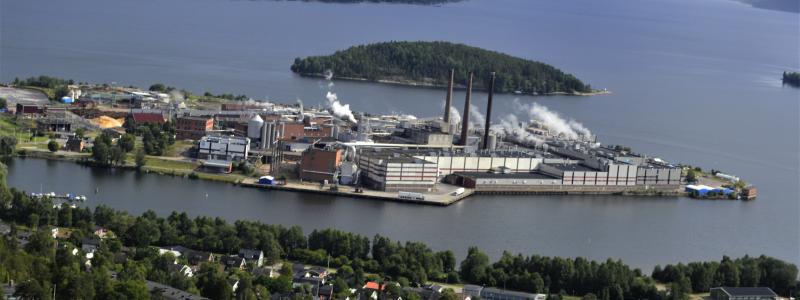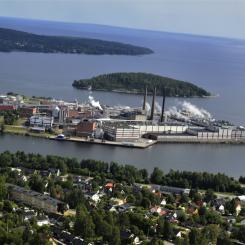In 2024, Georgia-Pacific’s linerboard mill in Monticello became one of the few facilities in North America to produce more than 1 million tons of product. The mill also set a new daily production record in November 2024 and recorded three of its top 10 all-time monthly production rates that same year.
Last year, Monticello produced more than a million tons of linerboard, setting production records four times.
Today, Monticello epitomizes success. But it wasn’t very long ago that Monticello struggled with operations, production and employee morale and retention. Employees decided to explore and address the problems using tools they were familiar with – Principle Based Management™. Principle Based Management, used throughout Georgia-Pacific to accomplish the company’s goals and objectives, is a framework that enables individuals and organizations to succeed long-term. It helps employees create value for the company through their contributions and fulfill their own personal goals. By applying the principle of bottom-up versus top down, leaders sought solutions from Monticello employees at all levels and ideas poured in. This is the reason for its success today.
“The employees felt tired and defeated. They complained about inadequate procedures and equipment that hindered productivity. Communication was lacking,” said Gerry Swain, currently vice president at Georgia-Pacific’s Brunswick Cellulose facility in Georgia, and a former Monticello employee. “There wasn’t a clear focus on short- or long-term planning. Employees didn’t feel they were aligned on goals for the facilities, and silos were common, with little collaboration. Lots of work was done with little progress because we weren’t achieving production goals.”
Monticello developed a shared vision, one where everyone contributed the best of their skills, knowledge and ideas. Building communication among teams helped identify and close gaps that helped with performance and built capabilities to maintain the momentum. Mill employees created a group chat where people could freely discuss ideas and what could work to improve work and morale. The information taken from the chat helped craft a plan for success.
“The employees had the recipe for success, so to speak,” said Tony Brown, vice president, Monticello. “They knew the machines, the procedures to improve productivity, years of experience and their own specific skill sets. We just needed to allow them to do what they already knew how to do. They also needed the right leadership. Jeff Joyce, the former vice president at Monticello, came in with great ideas and a willingness to listen, which made all the difference.”
Comparative advantage ensures each team member focuses on the tasks they are good at and enthusiastic about, maximizing overall efficiency and results. It encourages collaboration and clear understanding of roles, which can remove barriers and improve decision-making. Clearly outlined responsibilities and decision rights can also prevent misunderstandings and enhance safety protocols. Employees at the facilities felt unfulfilled in the work they were doing and often felt like they were working hard without getting the results they needed or wanted. Taking the time to use comparative advantage to put the right person in the right role led to better productivity and happier employees in Monticello.
Another principal at play, knowledge sharing, creates an inclusive environment where information, experiences and insights are openly exchanged. This practice enhances decision-making, fosters innovation and accelerates learning. Mill leadership reached out to employees and worked hard to build an atmosphere of trust, allowing knowledge networks to grow and strengthen and communication to thrive.
In 2023, Georgia-Pacific made a $110 million investment in Monticello, proving to employees that the company believed Monticello could be successful. Employees continued to work on operations and saw improved productivity. New and improved asset maintenance work processes (AMWP) were introduced and embraced, and the teams took a proactive approach to environmental health and safety (EH&S) initiatives. The work on the facilities continues.
The years' long improvement plan at Monticello helped the facility move past a planned outage to achieve the million tons milestone with only 10 days left in the year.
“Monticello has a long history of excellence. There’s a lot of knowledge and skill in this facility, and we had the tools to use them to reach our potential,” said Tom Weidman, operations manager, Monticello.
Georgia-Pacific believed in the employees at Monticello and knew they were capable of exceeding production expectations and doing work that fulfilled them while contributing to the facility’s success. The facility serves as an example for other facilities of how to tap into the knowledge and commitment of their employees to make a difference in production and workplace performance.

